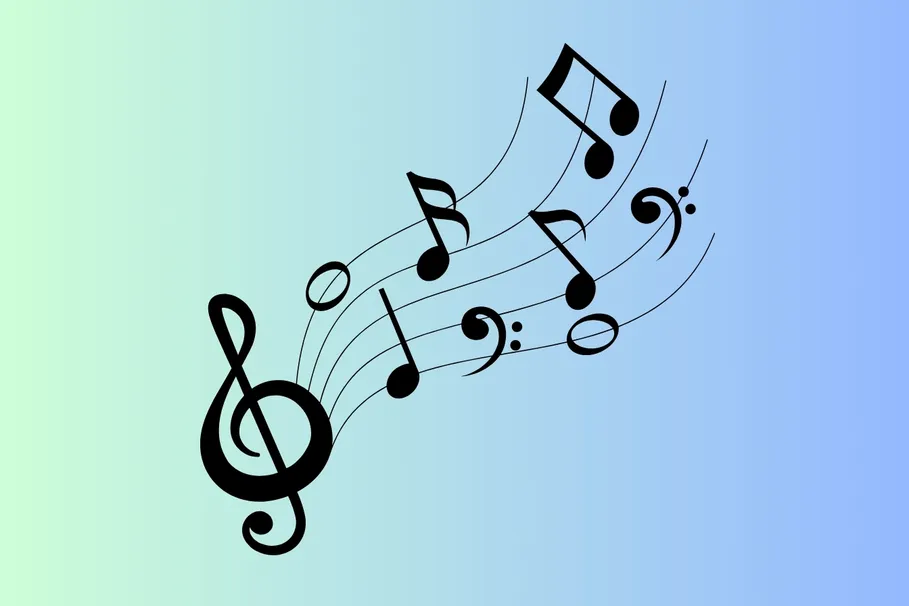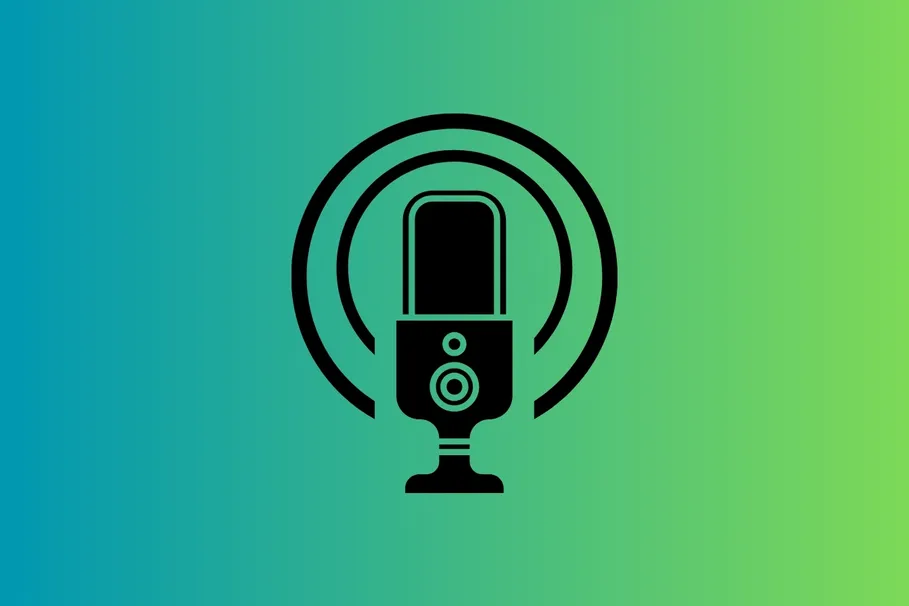Music is more than just a form of entertainment. It has a profound impact on our mental health, offering a powerful tool for emotional regulation, stress relief, and overall well-being. In this article, we’ll explore how music can be a beacon of hope in our mental health journey and uncover the science behind its therapeutic effects.
The Healing Power of Music
Music has been an integral part of human culture for centuries, serving as a means of expression, communication, and connection. But beyond its cultural significance, music also plays a critical role in mental health. Research has shown that listening to or creating music can have significant benefits, including:
-
Reducing Stress: Music can lower cortisol levels, the hormone associated with stress. Whether it’s calming classical music or soothing ambient sounds, the right tunes can help you unwind and relax after a hectic day.
-
Improving Mood: Music has the power to elevate mood and combat feelings of depression. Upbeat tracks can boost serotonin levels, leading to an improved sense of well-being and happiness.
-
Enhancing Cognitive Function: Engaging with music, whether through listening or playing an instrument, stimulates the brain, improving cognitive functions such as memory, attention, and problem-solving skills.
Music Therapy: A Structured Approach
Music therapy is a well-established field that uses music as a therapeutic tool to address various mental health issues. Trained music therapists employ a range of techniques, including:
-
Active Music Therapy: Involves creating music through singing, playing instruments, or composing. This can be especially beneficial for individuals who find it difficult to express their emotions verbally.
-
Receptive Music Therapy: Focuses on listening to music and discussing its effects. This approach can help individuals explore their feelings and gain insight into their emotional state.
-
Improvisational Music Therapy: Encourages spontaneous music creation, fostering creativity and self-expression. It can be particularly effective for those dealing with trauma or grief.
The Science Behind the Beat
Understanding how music affects the brain provides insight into its therapeutic potential. When we listen to music, several areas of the brain are activated, including:
-
The Limbic System: Responsible for emotions and memory. Music can trigger memories and evoke emotions, providing a means of processing and expressing feelings.
-
The Prefrontal Cortex: Involved in decision-making and social behavior. Music can influence our mood and behavior, often helping to regulate emotions and reduce anxiety.
-
The Dopamine System: Associated with pleasure and reward. Listening to music can stimulate the release of dopamine, leading to feelings of pleasure and satisfaction.
Practical Tips for Incorporating Music into Your Mental Health Routine
-
Create a Playlist: Curate playlists that suit your mood or intended emotional outcome. For relaxation, opt for calm, instrumental tracks; for a mood boost, choose upbeat, energetic songs.
-
Engage in Music-Making: If you play an instrument or enjoy singing, make time for regular music sessions. The act of creating music can be a powerful outlet for emotional expression.
-
Practice Mindful Listening: Take a few moments each day to listen to music mindfully. Focus on the melodies, rhythms, and lyrics, allowing yourself to fully immerse in the experience.
-
Explore Music Therapy: If you’re dealing with significant mental health challenges, consider working with a music therapist. They can provide personalized support and techniques to help you navigate your emotional landscape.
Conclusion
Music is a universal language that speaks directly to the heart and mind. Its ability to influence our emotions, reduce stress, and enhance cognitive function makes it a valuable tool for mental health. Whether you’re a music enthusiast or a casual listener, incorporating music into your daily routine can offer numerous psychological benefits and support your journey toward better mental well-being.
So next time you’re feeling overwhelmed or down, remember that a simple melody might be just what you need to lift your spirits and restore balance. Embrace the healing power of music and let it guide you on your path to mental health and happiness.


